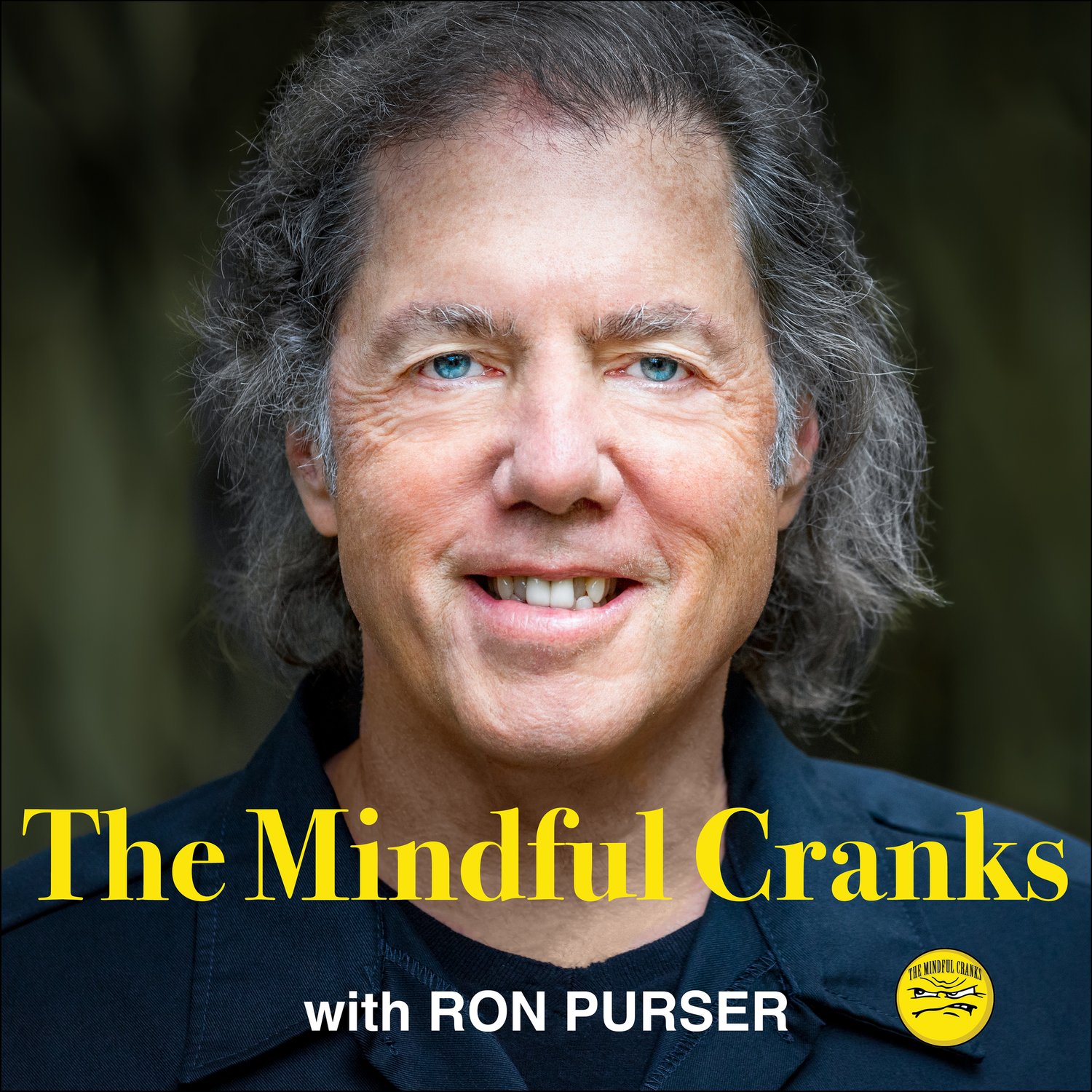Katie Loncke is a Co-Director of the Buddhist Peace Fellowship (BPF), combining dharma with social justice. She connects with others similarly fixated on the paradox: how to love and accept the world as it is, while fighting like hell to change it. Nationwide she speaks, facilitates, and trains groups on combining Buddhist ethics with concrete skills for nonviolent direct action. Her writing has appeared in digital and print publications — most recently, she authored the chapter on race and racism in A Thousand Hands: A Guidebook to Caring for Your Buddhist Community (2016, Sumeru Press), edited by Nathan Jishin Michon and Daniel Clarkson Fisher.
Katie loves lemons, cats, warm nights, Black Power, clean water, and the Temptations.
In this interview, Katie Loncke begins by sharing her personal journey of how she came to be both a Buddhist and activist for social justice. As a granddaughter of a Holocaust survivor from the most infamous Nazi concentration camps, and her grandmother a descendant of Afro-Caribbeans who survived the Middle Passage, Katie’s activist roots go deep. Her mother--an attorney for Planned Parenthood in Sacramento; her father--one of the first black students to attend Yale and become a state judge. From her education at Harvard University to the Buddhist Peace Fellowship, Katie offers a wealth of insights forged from being on the front lines of socially engaged Buddhism.
We explore how organizing for direct action can be conjoined with Buddhist ethical principles to wage “confrontational compassion” in the face of racism, inequality, militarism, oppression and environmental destruction. We learn how the Buddhist Peace Fellowship has been on the forefront of social and environmentally engaged Buddhism, straddling a dynamic tension between meditative equipoise and fearless action.
Katie reflects on her article in Turning Wheel Media, When MLK, Jr. Rejected an “Obnoxious Peace” explaining why peace must always entail justice. Katie reflects on her experiences in leading, organizing and participating in direct actions, sit-ins, and non-violent civil disobedience. From blockading the Oakland Marriott Hotel, which hosted Urban Shield (a weapons expo and militarized training site for police), to taking to the streets to confront fracking and environmental racism, to joining the indigenous tribes and Water Is Life Protectors at Standing Rock Sioux Reservation—Katie shares her insights and principles of how dharma can be combined with direct action.
Music credit: Background Chanting, Neuromancer.






